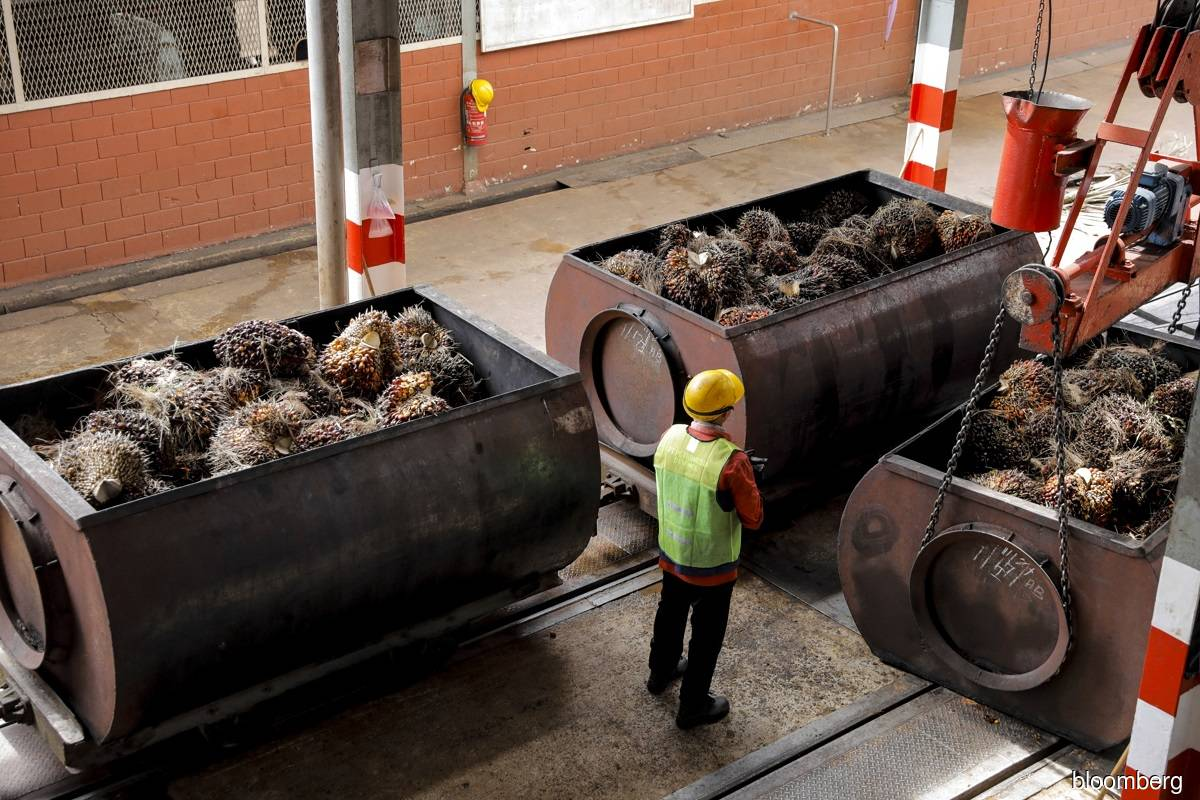Malaysia remains committed to implementing National Biofuel Policy — MPIC
 The Ministry of Plantation Industries and Commodities (MPIC) in a statement has assured the Malaysian Biodiesel Association (MBA) that it is all ears to the group’s proposal that Malaysia should retain its existing biodiesel mandate after all.
The Ministry of Plantation Industries and Commodities (MPIC) in a statement has assured the Malaysian Biodiesel Association (MBA) that it is all ears to the group’s proposal that Malaysia should retain its existing biodiesel mandate after all.
种植园工业和商品部(MPIC)在一份声明中向马来西亚生物柴油协会(MBA)保证,该组织提出的马来西亚应该保留其现有的生物柴油授权的提议完全可以接受。
In the statement dated 2nd June, the ministry said the MBA previously mentioned that any knee-jerk reaction to banning biofuels derived from vegetable oils would cause havoc in the global vegetable oil market.
该部在6 月 2 日的声明中表示,MBA 此前曾提到,任何对禁止源自植物油的生物燃料的下意识反应都会对全球植物油市场造成严重破坏。
The MBA also highlighted why Malaysia should not reduce or stop its biodiesel mandate as the biodiesel industry hardly consumes one million tons of palm oil annually as opposed to over 40 million tons used globally.
MBA 还强调了为什么马来西亚不应减少或停止其生物柴油的授权,因为生物柴油行业每年几乎不消耗 100 万吨棕榈油,而全球使用量超过 4000 万吨。
“Needless to say that disruptions from the geopolitical tension have exacerbated price rises in food commodities, which were already running at 10-year highs in the Food and Agriculture Organization's index, threatening not only a jump in global malnourishment but a spike in global inflation across developed, developing and under-developed economies.
“毋庸置疑,地缘政治紧张局势造成的破坏加剧了食品价格上涨,粮食及农业组织指数已经处于 10 年高位,不仅威胁到全球营养不良的激增,还威胁到全球通胀飙升。发达经济体、发展中经济体和欠发达经济体。
“True enough, Indonesia declared an export ban on 28th April on cooking oil and its raw material (which lasted until 23rd May) in the quest to make cooking oil available at affordable prices for its citizens.
“确实,印度尼西亚于 4 月 28 日宣布了对食用油及其原材料的出口禁令(一直持续到 5 月 23 日),以寻求以可承受的价格为其公民提供食用油。
“But now that normalcy has resumed and calmer heads have prevailed, the MPIC wishes to state that it is all status quo on Malaysia’s biodiesel mandate front,” it said.
“但现在已经恢复正常,头脑冷静了,MPIC希望声明,马来西亚生物柴油任务方面的一切都是现状,”它说。
Meanwhile, the MPIC also said Malaysia’s National Biofuel Policy, which was rolled out in March 2006, remains committed to reducing the greenhouse gas (GHG) emissions rate in line with the country’s aspiration towards achieving a GHG emissions reduction target of 45% based on gross domestic product by 2030, among other things.
同时,MPIC 还表示,马来西亚的国家生物燃料政策于 2006 年 3 月推出,仍然致力于降低温室气体(GHG)排放率,以符合该国实现基于总温室气体排放量减少 45% 的目标的愿望。除其他外,到 2030年实现国内生产。
“To the MBA, we thank them for their invaluable feedback on our big role and the effect of the biofuel policy towards conserving nature for younger-generation Malaysians.
“对于工商管理硕士,我们感谢他们对我们的重要作用以及生物燃料政策对保护年轻一代马来西亚人自然的影响的宝贵反馈。
“We welcome all constructive criticism or views that can enable both sides of the divide — authorities or industry players — to derive a win-win situation,” the ministry said.
“我们欢迎所有能够使分歧双方—当局或行业参与者—获得双赢局面的建设性批评或观点,”该部表示。
